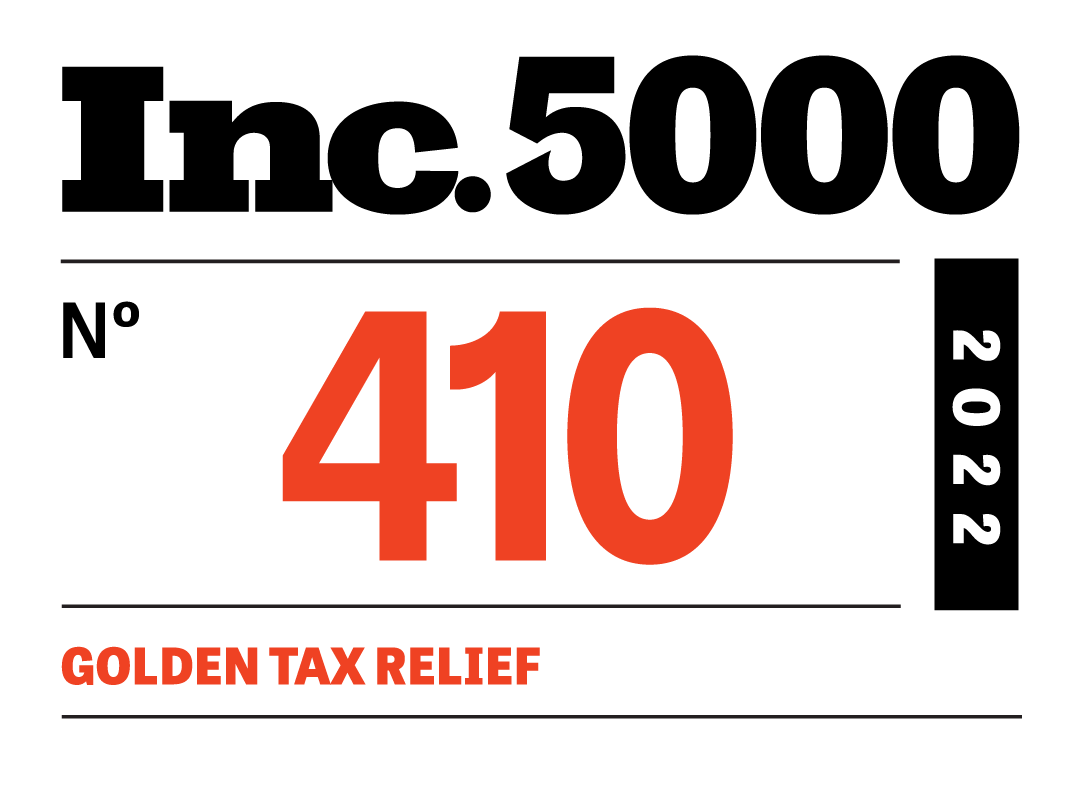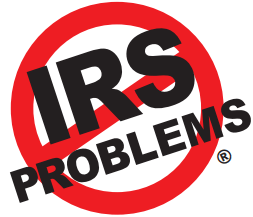
How Long Does the IRS Have to Collect Money From Me?
After a tax return is filed, the IRS generally has ten years from the date of assessment to collect the tax from you. If the IRS does not collect the tax from you within ten years, it may be barred from attempting to collect the liability from you. There are ways that the ten year period can be extended, including the filing of an IRS Offer in Compromise, the filing of a bankruptcy, signing a waiver, the filing of an Appeal or proposing an installment agreement. The collection statute of limitation does not begin to run until you file your tax return or an assessment is made. Further, the collection statute of limitation never begins to run on an unfiled tax return, meaning that the IRS can theoretically collect that liability from you at any time in the future.
Case Study: IRS Demands Full Payment of Old Tax Liability
In this case study, after many years of taking no action at all, the IRS contacted our taxpayer and demanded full payment of the older liability. Because our taxpayer could not pay the older liability in full, the IRS demanded outrageous and unreasonable monthly installment agreement payments to pay the liability in full within a very short period of time. After retaining IRS Trouble Solvers, LLC, we determined that the collection statute of limitation was about to expire in approximately five months. The IRS was pressuring our taxpayer to pay the liability in full or extend the collection statute of limitation before it could no longer legally collect the funds from him. IRS Trouble Solvers, LLC was able to negotiate a reasonable settlement, which allowed the collection statute of limitation to expire on a substantial part of the older liability. Our taxpayer now enjoys a life free from his former IRS problems.




